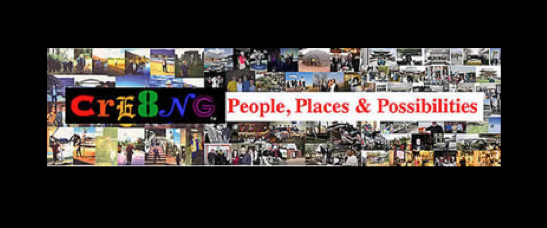What do you think are the differences in the roles of leaders and managers?
I have been leading retreats, giving workshops and teaching university courses for 30 years and have accepted the position that ALL PEOPLE who end up responsible for getting work done through small to large to corporation size groups of people all have to be able to be leaders, managers and bosses when necessary from the front line to the top floor.
Here is the conventional wisdom, standard thinking.
What do you think?
Difference Bet Manager & Leader?
What's the Difference Between a Manager and a Leader?
February 16, 2010
Managers and leaders aren't always distinct from one another given how much managers often are asked to take on, and the notoriously weak decisions made by top corporate leaders over the last few years. But a new AchieveGlobal study, "Developing the 21st Century Leader," reports there are, indeed, behaviors that set "leaders" apart. According to the study, real leaders:
• Apply principles such as fairness, respect, and "the greater good" to balance individual and group well-being. They act ethically to serve the larger good, not just to obey the law; encourage others to take socially responsible action; openly challenge what they consider unethical decisions and actions; take action to benefit others, not just themselves; recognize and reward others based on merit, not on politics; make fair decisions, even if they have a negative impact on themselves; and take steps to reduce environmental harm.
• Respect and leverage such basic differences as gender, ethnicity, age, nationality, and beliefs. They strive to meet the needs of customers representing other cultures; encourage collaboration among people from different groups; display sensitivity in managing across cultural boundaries; collaborate well with people different from themselves; effectively lead groups composed of diverse people; learn about the business practices of other cultures; and manage virtual teams with explicit customer-centric goals and practices.
• Assess their motives, beliefs, attitudes, and actions, asking, "How can I make sure my limitations don't lead me to make poor decisions?" They take responsibility for their own mistakes; seek the knowledge required to make sense of the big picture; examine what role they play in the challenges they face; and treat failure as a chance to learn and grow.
• Offer and execute practical ideas—and help others do the same—to create a climate in which innovation can thrive. They help other people adapt quickly to changes; help groups develop a shared picture of a positive future; develop themselves with the goal of improving overall group capabilities; solve real-world problems by thinking clearly and engaging others; tell stories to motivate others toward strategic goals; and find ways to promote speed, flexibility, and creativity.
• Connect with others on a human level to earn commitment, inspire effort, and improve communication. They read emotions in others and respond appropriately; adapt to the leadership needs of different groups; help others resolve issues of work-life balance; make a daily effort to inspire the trust of customers and colleagues; minimize the negative human impact of their decisions and actions; build and maintain a cross-functional task network; and communicate well with customers and colleagues at all levels.
How good are your company's leaders at saying "yes" and "no?"
